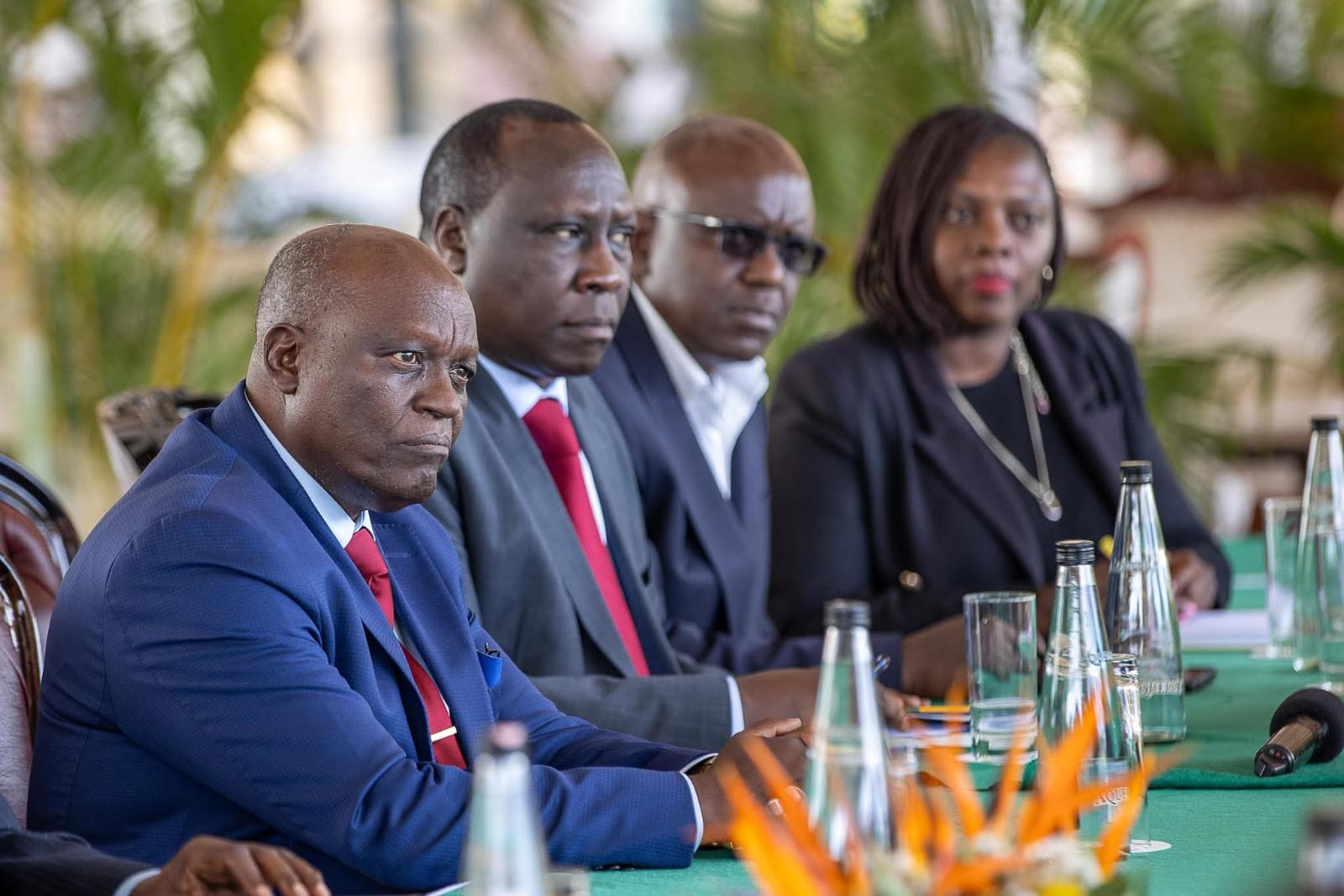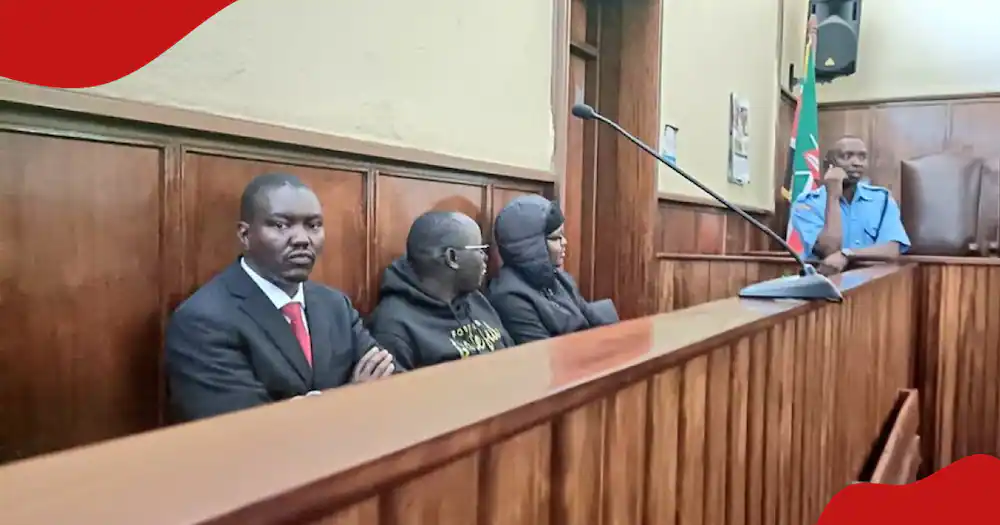Had the proposed reforms taken effect, Chege Kirundi’s route to the chairmanship would almost certainly have been obstructed. Under the current system, the KTDA chairman is chosen by a select group of directors representing the 12 zones. In contrast, the abandoned reforms envisioned a more democratic approach, allowing all shareholder farmers to vote directly for the chairman at the Annual General Meeting (AGM)—a standard practice in publicly owned companies and cooperatives such as SACCOs
In April 2021, the Kenya Tea Development Agency (KTDA) leadership proposed bold reforms to overhaul the organisation’s structure and governance. According to a widely circulated media notice by the agency, the proposals included three significant changes: transforming the “ownership structure” to allow individual farmers to hold direct stakes in KTDA, implementing a “new voting system” aligned with this revised shareholder base, and establishing a robust mechanism to “safeguard KTDA assets” from unauthorised disposal without farmers’ consent. Currently, KTDA’s 54 factories, spread across 12 zones, are indirectly owned by farmers through their respective factory entities.
These ambitious reforms faced staunch opposition from Chege Kirundi, a veteran advocate and senior counsel, who took his fight to the courts. Mr Kirundi, who has served as chairman of the Murang’a-based Kiru Tea Factory since 2000 without advancing any reform agenda there, saw his efforts pay off when the leadership team driving the changes—Chairman Kanyago, Company Secretary Omanga, and MD/CEO Tiampati—was ousted from office in 2021, effectively derailing the reforms.
Despite this triumph, Kirundi’s resistance to the proposals remains resolute. He steadfastly defends the existing framework, which he deems superior to the modernised alternative. Now ensconced as KTDA’s group chairman, Kirundi is supported by a cadre of directors equally opposed to change. “Those recommendations will never be implemented under my watch,” he reportedly assured his loyal supporters within the organisation’s PR team, according to an insider who spoke to The Weekly Vision.
Kirundi’s ascent to power has been fraught with controversy. In January this year, he rallied his anti-reform allies to stage a boardroom coup against the then-chairman, Enos Njeru. Njeru has since contested the legitimacy of this manoeuvre in court. By March, however, Kirundi had cemented his position as chairman through a court order. Nevertheless, his leadership is overshadowed by doubt, with many tea farmers across Kenya labelling him a “court-installed chairman” and questioning his mandate to helm such a critical farmers’ organisation.
The irony is striking: had the proposed reforms taken effect, Kirundi’s route to the chairmanship would almost certainly have been obstructed. Under the current system, the KTDA chairman is chosen by a select group of directors representing the 12 zones. By contrast, the abandoned reforms envisioned a more democratic approach, allowing all shareholder farmers to vote directly for the chairman at the Annual General Meeting (AGM)—a practice standard in publicly owned companies and cooperatives such as SACCOs.
Rooted in the Moi-era KANU political establishment, Kirundi has a well-established record of opposing progressive change. At KTDA, he advocates for a voting system he can reliably control, shunning the unpredictability of wider participation. “Running KTDA is akin to Kenyan politics,” he has observed. “The more directors involved, the greater the headache. As an elder Kenyan, I’ve no appetite for headaches—I’m content with the current setup.”
Rumours within the organisation hint at Kirundi’s influence extending beyond governance. Sources claim he has colluded with the board to dismiss nearly half of KTDA’s senior management, replacing them with loyalists who share his vision. As the struggle over KTDA’s future persists, Kirundi’s leadership—and the fate of the reforms he opposes—continues to provoke contention among the tea farmers he purports to serve.





